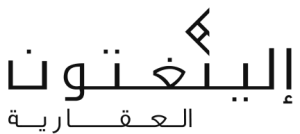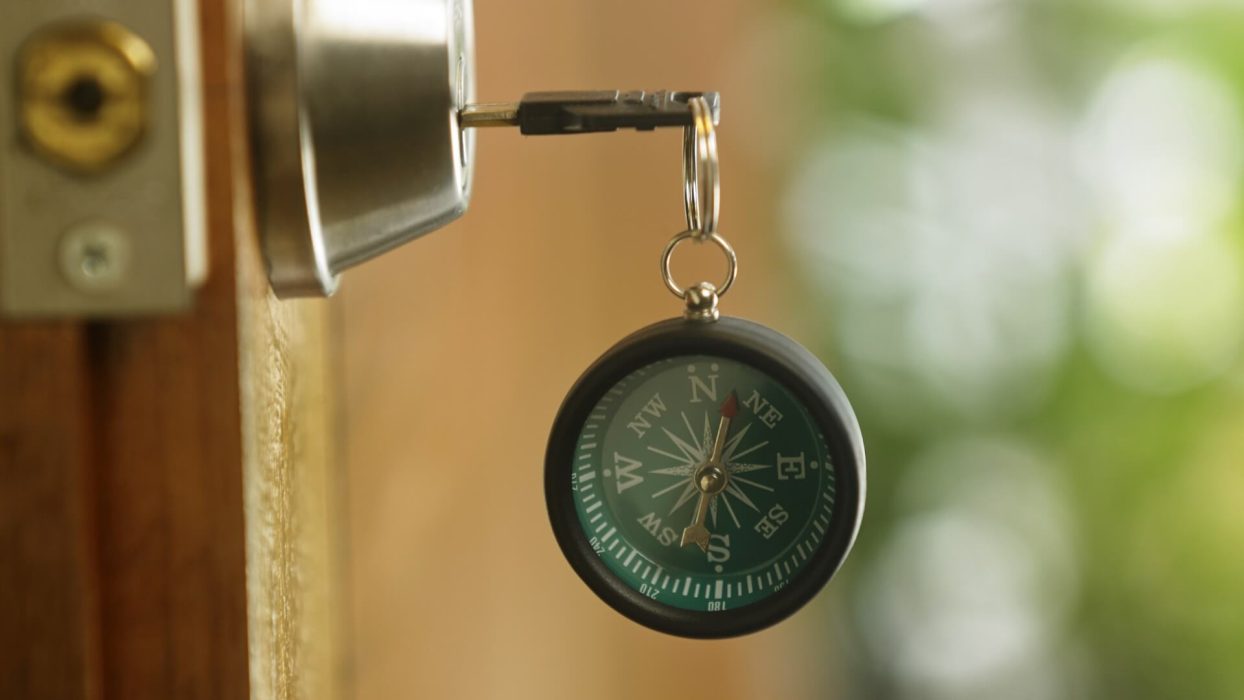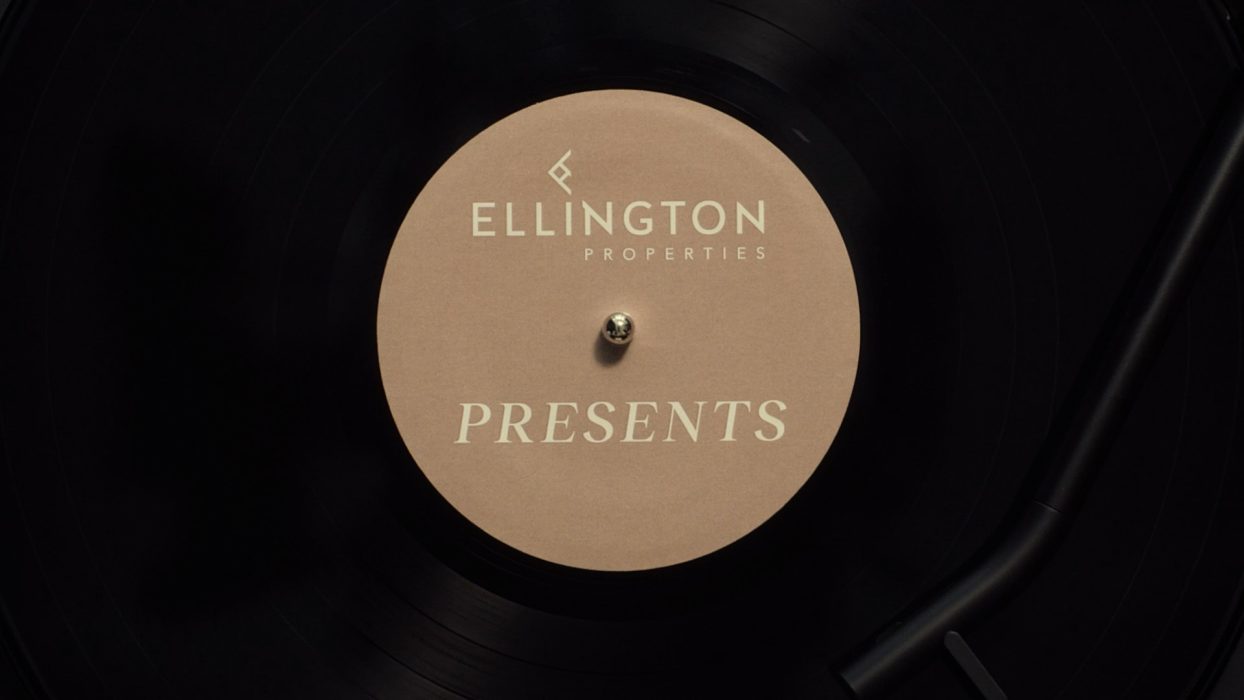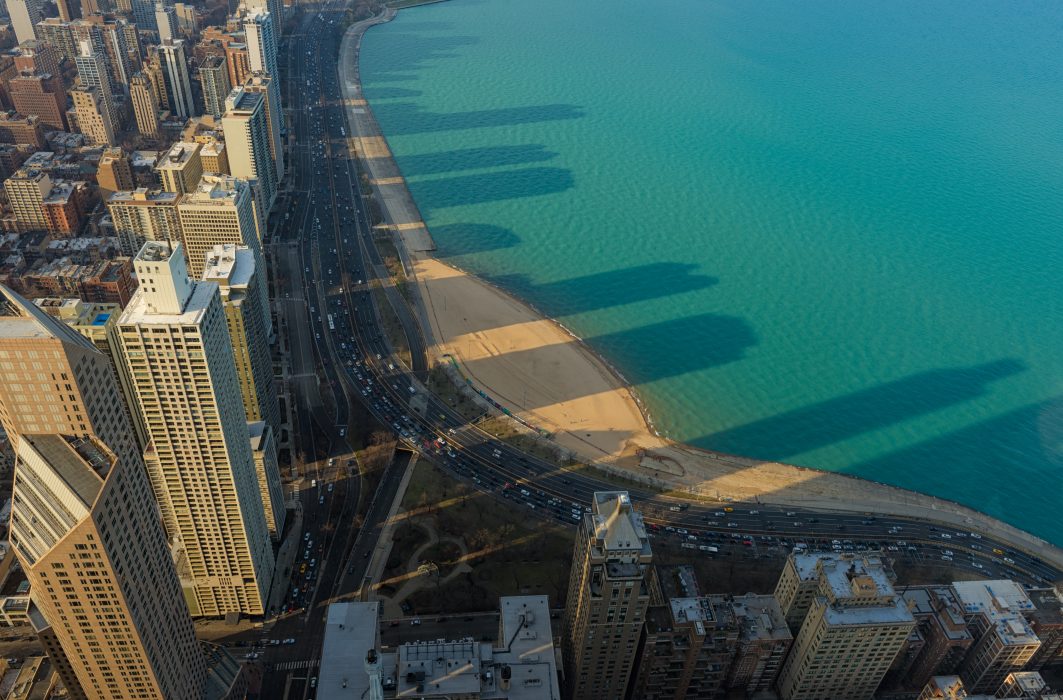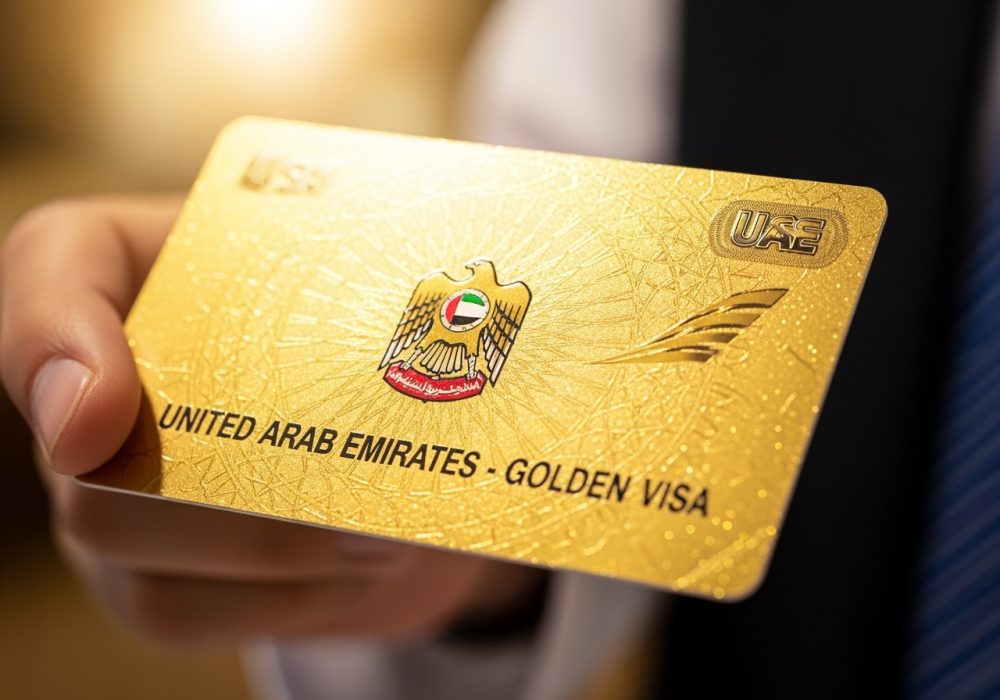Thinking of how to get a mortgage in Dubai to buy your property? This informative guide will take you step-by-step through the process of getting a mortgage and help you avoid costly mistakes. We give you all the information necessary to apply for a loan. This includes who can apply, what documents you need, and how to complete the application process. Let’s get started:
Eligibility: The First Step Towards Your Mortgage
Before you begin, it’s important to understand Dubai’s mortgage eligibility requirements. Here’s what you need to know:
Residency Status:
Both residents and non-residents, including Emiratis and foreigners, can apply for a mortgage in Dubai.
Age Bracket:
Applicants must be between 21 and 65 years old.
Minimum Income:
Salaried individuals need a monthly income of AED 15,000, and self-employed individuals need AED 25,000.
Gather Your Documents Before You Apply

After meeting the eligibility criteria, you will need these documents:
1. Identification:
You must present your Emirates ID, passport, and visa to demonstrate your identity and resident status.
2. Employment Proof:
You must have a salary certificate from your company or documentation of your income from self-employment.
3. Proof of Residence:
A duplicate of your DEWA (Dubai Electricity and Water Authority) bill or rental contract will cover this point.
4. Financial Statements:
Get ready to provide the last six months’ worth of credit card, bank, and pay slips.
5. Real Estate Contracts:
If you have already found the property you want to buy, have your offer contract to share with your lender.
The Application Process:
Once you’re eligible and have your documents, follow these steps to secure your ideal property:
Find a Lender:
Research and compare lenders to find the deal that suits you. Look through bank mortgage offers or use a mortgage broker. Brokers can expedite the process for you and offer valuable insights.
Select the Right Mortgage:
To determine the ideal mortgage for your requirements, take into account things like loan amount, income, lifestyle, and kind of property. Online mortgage calculators provided by banks let you project your monthly payments. Ensure any additional costs are considered including processing fees and early repayment charges.
Obtain Pre-Approval:
Ask your lender to send you a formal pre-approval letter attesting to your qualification along with your maximum borrowing limit. This stage will also provide you a benefit over other buyers when purchasing property.
Start Searching For Your Perfect Property:
With your pre-approval letter in hand, you can now confidently look for homes that are within your budget. Remember to account for the 60–90 day pre-approval validity period.
Complete Your Purchase:
After locating the house of your dreams, work with your lender to complete the loan terms. A bank will send someone to evaluate your property and help you with the offer process.
Congratulations, You Are Now a Property Owner:
Your new property will officially be yours on the day the loan amount is released to the seller.
Mortgage Interest Rates in Dubai:
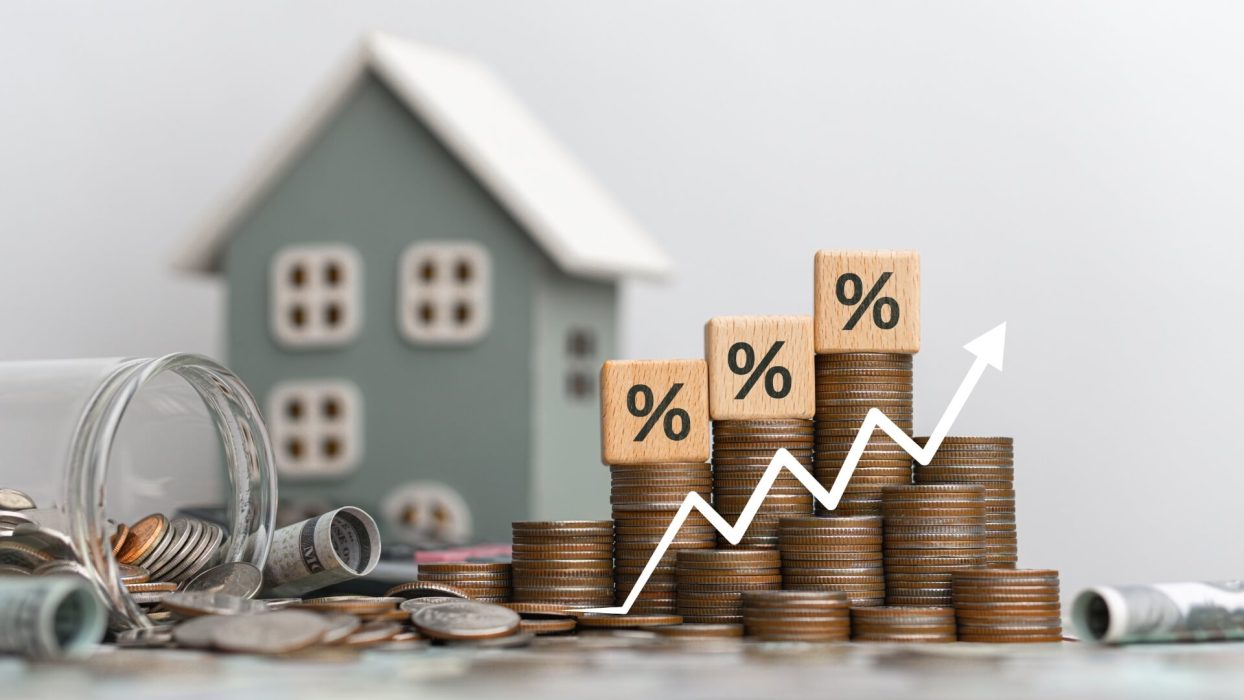
The mortgage interest rates in Dubai are primarily determined by the Emirates Interbank Offered Rate (EIBOR), which is the rate at which banks in the UAE lend to each other. Interest rates for mortgages are typically set at a certain percentage above the EIBOR rate.
It’s important to note that interest rates can be either fixed or variable. Fixed-rate mortgages have steady monthly payments, while variable rates start lower but can change based on market conditions.
Remember to consider potential interest rate fluctuations and how this could impact your repayments when planning your finances for the purchase.
Islamic Mortgage Options (Shari’ah-Compliant):
For those seeking Shari’ah-compliant financing options, Islamic banks in Dubai offer various Islamic mortgage products based on principles like Murabaha, Ijara, and Musharaka. These mortgages are structured differently from conventional mortgages to comply with Islamic finance rules, which prohibit interest payments.
Under an Ijara mortgage, the bank purchases the property and leases it to the buyer, who pays rental installments. After the final payment, ownership is transferred to the buyer. In a Murabaha arrangement, the bank purchases the property and resells it to the buyer at a higher price, with the difference being the bank’s profit margin.
Some major Islamic banks offering such products in Dubai include Emirates Islamic, Dubai Islamic Bank, and Abu Dhabi Islamic Bank.
Mortgage Fees and Additional Costs:
In addition to the down payment and monthly installments, buyers should be aware of several fees and additional costs associated with obtaining a mortgage in Dubai:
Arrangement/Processing Fees:
Typically around 1% of the loan amount
Valuation Fees:
Paid to the bank’s appointed valuer to assess the property’s value
Mortgage Registration Fees:
Charged by the Dubai Land Department for registering the mortgage
Insurance:
Buyers may be required to obtain life and property insurance
Overall, these additional costs can range from 3% to 5% of the property value, so it’s crucial to factor them into your budget.
Mortgage Refinancing and Early Settlement:
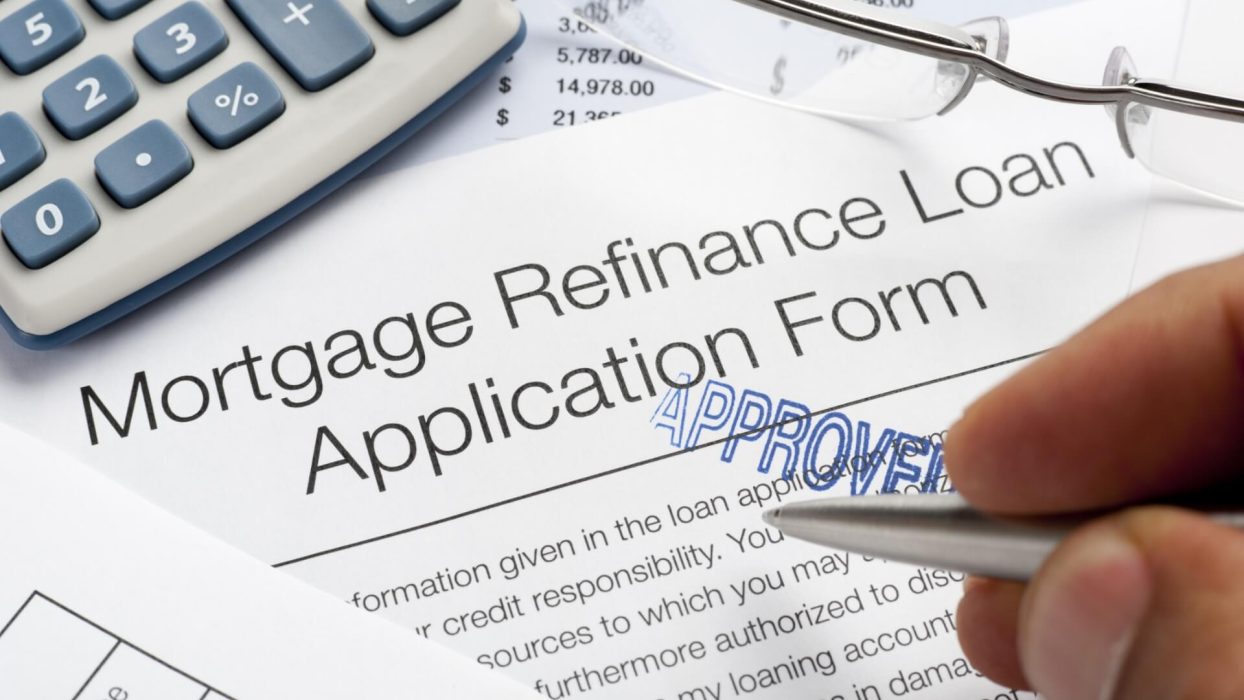
Refinancing a mortgage in Dubai is possible and can be advantageous if interest rates have decreased or if the borrower wishes to switch to a more favorable mortgage product. However, refinancing typically involves paying early settlement penalties and other fees, so it’s sensible to weigh the potential savings against these costs.
Early settlement of a mortgage, either through a lump sum payment or accelerated installments, is also possible but may incur prepayment penalties or fees imposed by the lender. Consulting with the bank and carefully reviewing the mortgage agreement is recommended to understand the implications and costs involved.
Tax Implications and Deductions:
While Dubai offers a tax-friendly environment, there are a few tax considerations related to mortgages and property ownership that buyers should be aware of:
- For UAE residents, mortgage interest payments are generally not tax-deductible. The UAE, including Dubai, does not impose personal income tax on individuals.
- Non-residents may be subject to taxes on rental income from their properties in Dubai, even if the mortgage interest is not tax-deductible.
- Corporate entities and businesses may be able to claim mortgage interest as a deductible expense, subject to certain conditions.
It’s advisable to consult with tax professionals or seek guidance from the relevant tax authorities to understand the specific tax implications based on your residency status and the purpose of the property acquisition.
Frequently Asked Questions:
It makes perfect sense to be curious as you work through the mortgage process. Here are answers to common Dubai mortgage questions:
Can Expats Buy Property in Dubai?
Yes, absolutely. Subject to rules, foreigners are allowed to buy real estate in designated areas for foreign ownership in Dubai. Under these specific restrictions, non-resident foreign property ownership is permitted in the emirate.
Can Foreigners Obtain a Mortgage For Property in Dubai?
Again, yes. Foreigners in Dubai can get mortgages if they meet the requirements.
How Does a Mortgage Work in Dubai?
Expats can obtain house loans in Dubai of up to 80% of the property value. For homes up to AED 5 million, this translates into a minimum down payment of 25%.
What Are the Deposit Requirements?
- Properties under AED 5 million price bracket: UAE locals must pay 15% down, while expatriates must pay a minimum of 20%.
- Properties valued over AED 5 million: UAE citizens must pay 25% of the down payment, while expatriates must pay 30%.
- Off-plan homes require a 50% down payment.
How Long Does the Mortgage Process Take?
Banks take 3-5 days for salaried applications, but up to 10 days for UAE business owners. Typically, it takes a bit longer for non-residents, somewhere between 10–14 days.
What Is the Maximum Mortgage Loan Amount or Loan-to-Value Ratio Allowed?
For properties under AED 5 million in value, expats can obtain mortgages of up to 80% of the property value. For properties over AED 5 million, expatriates must pay a 30% down payment.
Are There Any Income or Salary Requirements for Self-employed Applicants?
Salaried individuals need a monthly income of AED 15,000, and self-employed individuals need AED 25,000.
Embrace the Future of Luxury Living
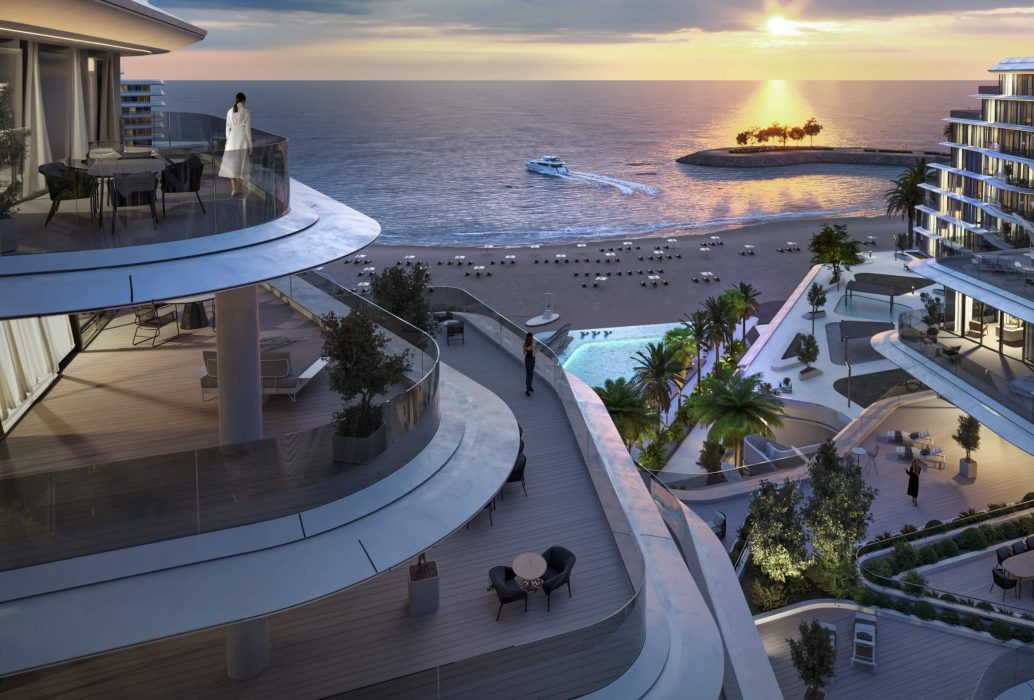
We hope that you now have the information and resources through this guide to confidently negotiate the mortgage process in Dubai. Recognized for providing outstanding living experiences, Ellington Properties is here to help you at every stage.
Ellington Properties offers a wide range of properties to suit your needs whether you’re looking for a chic studio, a roomy family house, or an opulent penthouse. Enjoy elegant living in a range of sizes and styles in desirable locales like Mohammed Bin Rashid City, Downtown Dubai, Palm Jumeirah, and Jumeirah Village Circle (JVC).
Contact us to find out more about our commitment to outstanding living experiences, from design to completion and beyond.



